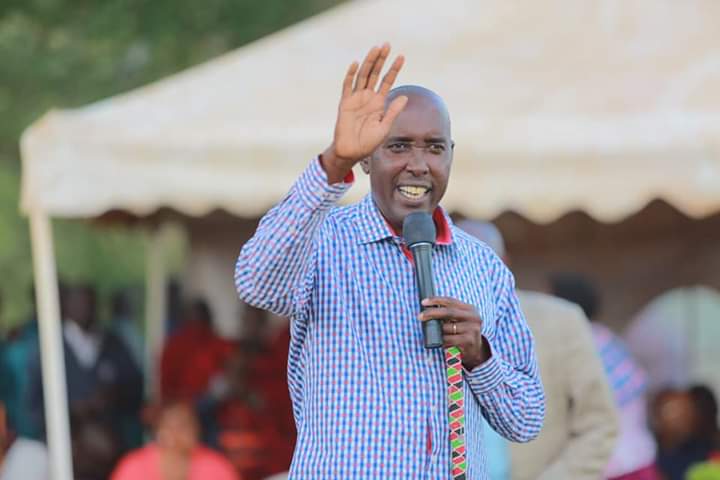Kirkuria women are without market for their milk and beadwork, which is all they depend on for their livelihoods, and still creditors are on their doors demanding pay
By Beverline Timanoi
It’s no doubt, that as the world continues to grapple with the unprecedented economic and social effects of the coronavirus pandemic, it’s the rural women and by extend children that are most affected.
A spot check by the Kajiado Star at a select rural villages in the vast Kajiado County, revealed a dumbfounding state of despondency that women (most of whom are the breadwinners in their families) are languishing in.
Firstly, the recent acclaimed move by the government to order closure of schools, in bid to tame the spread of the virus, has not only brought relieve of anxiety to a majority of parents, who are now “not fearing” as much about the safety of their children, but also untold distress that those in poverty stricken villages are experiencing for lack of food to feed their families.
In Kirkuria village, Keekonyokie Ward, for instance, a group of women through their chairlady Hellen Koilel narrated how life has been so hard, since Covid-19 robbed them of their means of livelihoods, and are only hoping that the county government would come through for them.
The chairlady of Oloningoi self-help group, with about 40 women, told this publication: “Some of us use to sell milk in Isinya town, now we have no market for our milk as the hotels are closed… the [open-air] markets are too closed and thus we could not sell our beads… we are just confounded.”
Ms Koilel further said that her members have been relying on loans from financial institutions to educate and feed their families, a journey that has not been all cosy.
In 2018, the chairlady said, the group took a loan of a Ksh100 thousand from the Women Enterprise Fund (WEF), a national government agency that provides credit to support women enterprises, and it invested the money in livestock keeping, hoping that it will give them returns, and help improve their livelihoods.
“Ekijo apa, ore ake pee edaa nena kishu arashu lelo kuon, neponaa iropiyiani, o doi ninye kitumoki atelepoi kule, anaa town oo Sinya, nekintotiyie inkera nekilaaki school fees,” said the chairlady.
However, in a case of hope turning to dust, drought came and killed almost all their animals, living them with nothing, but distress and a lesson.
They were distressed for a lack of means to pay the loan; and they learnt a lesson that pastoral farming in semi arid areas could be catastrophic, particularly in such times when weather patterns are so unpredictable.
However, in the characteristic resilience of an African mother, they fought tooth and nail, and they settled the loan.
In October last year, they again applied and were granted Ksh200 thousand loan from the same government agency.
However, upon receipt of the money, Ms Koilel said, they were more astute not to repeat their past mistake, and instead they invested the money in beadwork.
“We bought beads which we use to make necklaces and other artifacts, however, for now we have no market to sell our beadwork, yet we have to pay the loan”.
Their request is that the relevant government bodies — County Department of Gender, Office of the Women Representative, and the office of the Member of Parliament — can step in and at least help pay the Ksh200 thousand loan.
